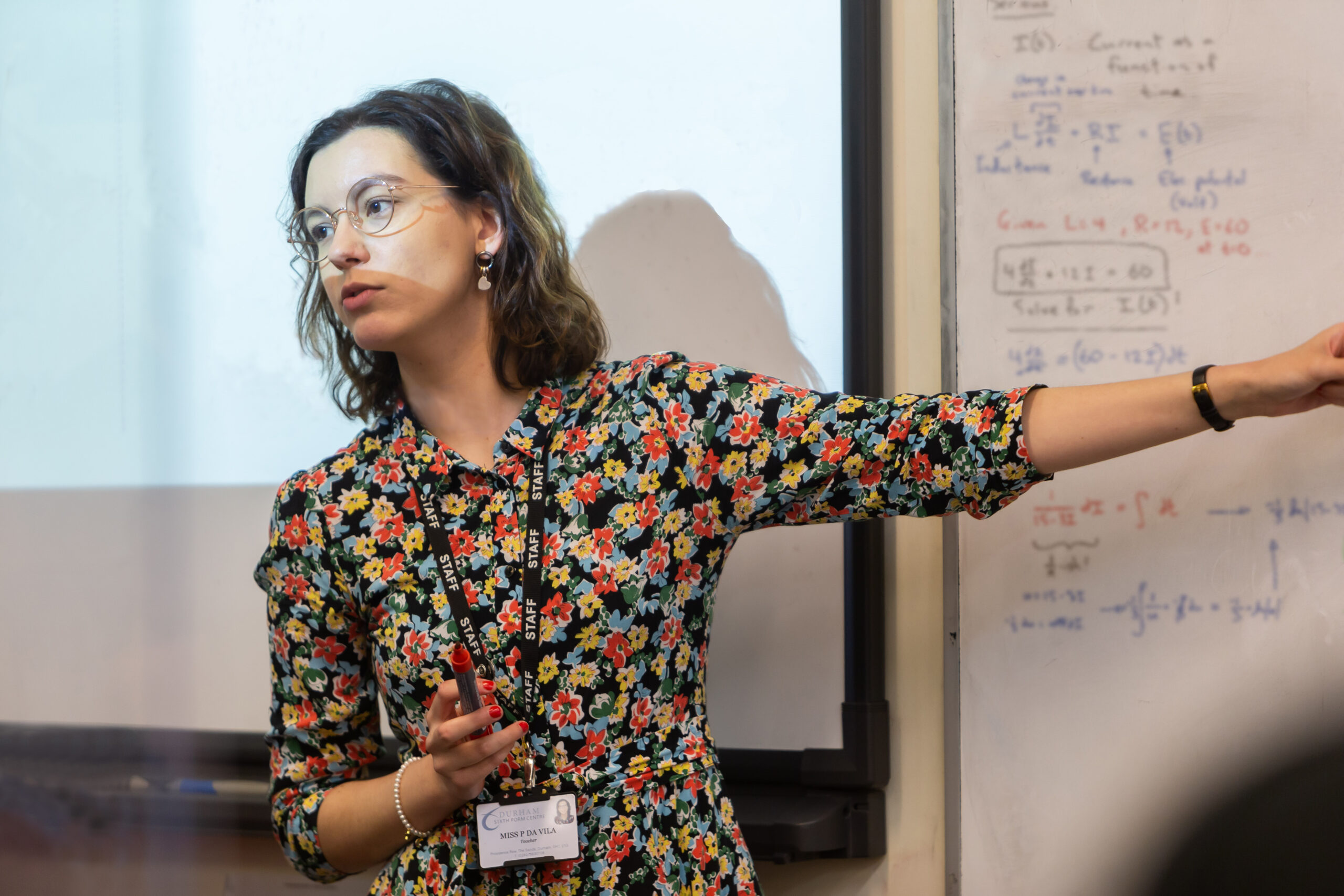Every year Durham Sixth Form Centre enters a team in the annual European Youth Parliament Inter – Schools Debating Competition. This year the North-East Regional final was held on Friday 8th March in the Armstrong Building at Newcastle University. The other competing schools were Royal Grammar School, Ponteland High School, Framwellgate School, Whitburn School, Emmanuel College and Longbenton College, Newcastle.
There were six debates within the competition. Each one involves a school team defending a proposed motion whilst a second team attacks the proposition. Teams give opening and closing speeches, whilst all the teams are able to make interventions during the debate, either supporting or opposing the proposed motion. At the end of the debate a vote is taken involving all the teams.
Each debate is chaired by a team of experienced debaters. They follow the procedures used in the European Parliament and ensure that all the debates are carried out in the appropriate manner. At the end of the day they decide which two teams are the winners and will progress to the national level of the competition. Teams are judged on team participation, enthusiasm, strength of arguments, coherence and range of arguments, reference to European examples and overall debating style.
The debates this year concerned the subjects of Artificial Intelligence, overfishing in European waters, carcinogenic substances in the workplace, town planning and women’s safety, cost of living and youth violence. The Durham Sixth Form Centre team was made up of Lexie Cassidy, Jamie Jobey, Esme Kippin, Madison Moukhin, Sarah Robson, Eleanor Savage, Lilly Wilson and Marcus Wright who all did a great deal of research, preparation and organisation for the various debates beforehand.
The Centre team supported a motion calling for greater state involvement in the economy to deal with cost of living issues. Excellent opening and closing speeches were given by Eleanor Savage and Esme Kippin. The team also participated enthusiastically and skilfully in the other five debates. The debate competition proved to be a useful exercise in developing our debating skills and styles, and to raising our awareness of issues that are of importance across Europe. The competition was an enjoyable day of intellectual argument and a chance to compete with other sixth forms from across the region.
The jury went away and deliberated and returned with the fantastic news that DSFC had been chosen to proceed to the National Finals in Liverpool this coming September. This will be an excellent opportunity for the team to further develop team-building skills, speech presentation, knowledge of Europe and current affairs. Judges at this event will choose individuals to advance to the EYP international debate competition, and the organisers told us that the standard of debate they had witnessed in the North-East this year was extremely high, so the prospects for our students look very good.







